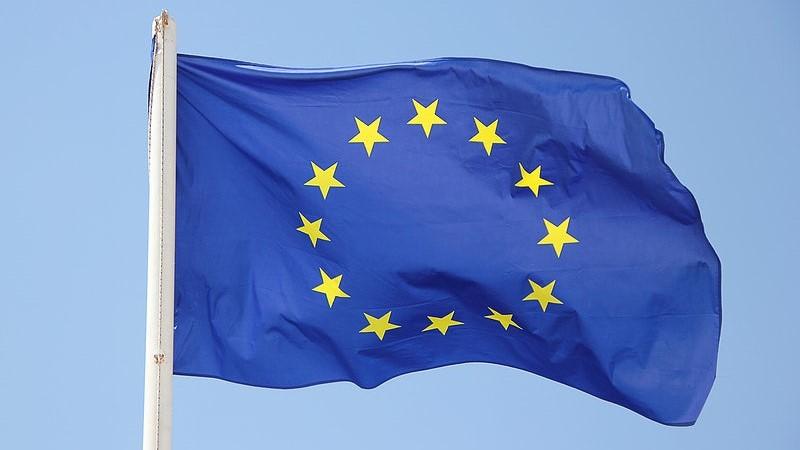The recent events in Afghanistan have highlighted the importance of counter-terrorism measures, and the EU has been actively involved in addressing the issue.
Following the withdrawal of US troops from Afghanistan, the country fell to the Taliban, and the fear of a resurgent terrorist threat has increased significantly. The EU has responded to this situation by taking a firm stance against terrorism and strengthening its counter-terrorism measures.
The situation in Afghanistan has been a major concern for the EU Council in light of the country’s history as a base for terrorism. In a recent statement, the EU expressed its commitment to peace and stability in Afghanistan and its support for the Afghan people. At the same time, the Council expressed its concern about the presence and operations of terrorist groups in Afghanistan and called on the Taliban to cease all direct and indirect ties with terrorism. The Taliban, however, denied the existence of any terrorist groups in Afghanistan.
“There is no group, movement or element, whose existence here anyone can provide evidence for. No one can show a particular area,” said Bilal Karimi, deputy spokesman of the Islamic Emirate.
The EU also condemned the gender-based discrimination by the Taliban, which is impeding the delivery of humanitarian assistance and basic needs support to the Afghan people. The EU reiterated its commitment to providing humanitarian and basic needs support, where women can meaningfully participate, and where women remain beneficiaries. However, the EU made it clear that it would reconsider its support for activities that do not align with its principled approach.
The EU also stands ready to adopt additional targeted restrictive measures against those responsible for serious violations and abuses of human rights in Afghanistan. These measures are designed not to negatively impact the Afghan population and are reversible. The Council has reinstated the validity of the five benchmarks outlined in the Council Conclusion of September 2021, welcomed the EU’s presence in Kabul, and recalled the importance of the work of the EU Special Envoy for Afghanistan in conveying the EU’s position, including in dialogues with regional and international partners, in line with the EU’s strategic interests.
“Where activities cannot be continued in line with the EU’s principled approach, the EU support to those activities will be reconsidered,” the statement said.
The EU’s counter-terrorism measures in light of Afghanistan’s situation include a commitment to peace and stability in Afghanistan, support for the Afghan people, condemnation of gender-based discrimination by the Taliban, and the adoption of additional targeted restrictive measures against those responsible for serious violations and abuses of human rights.


